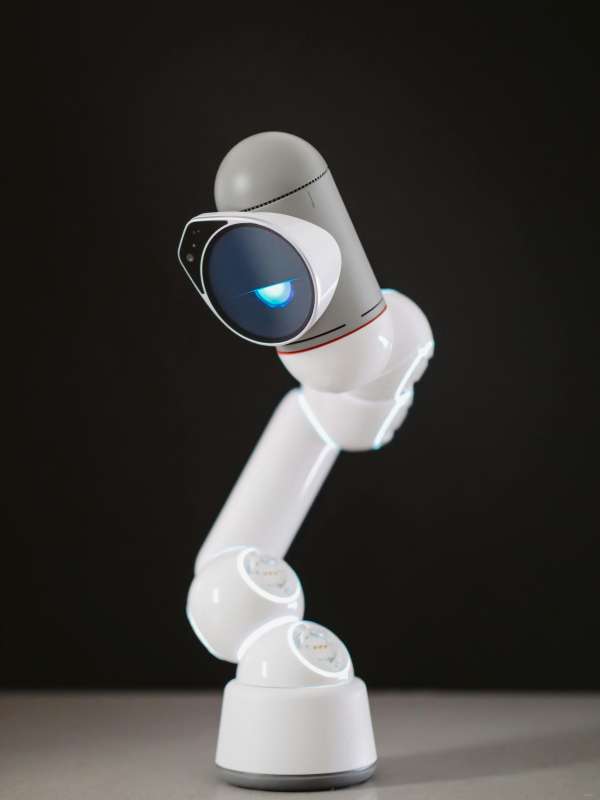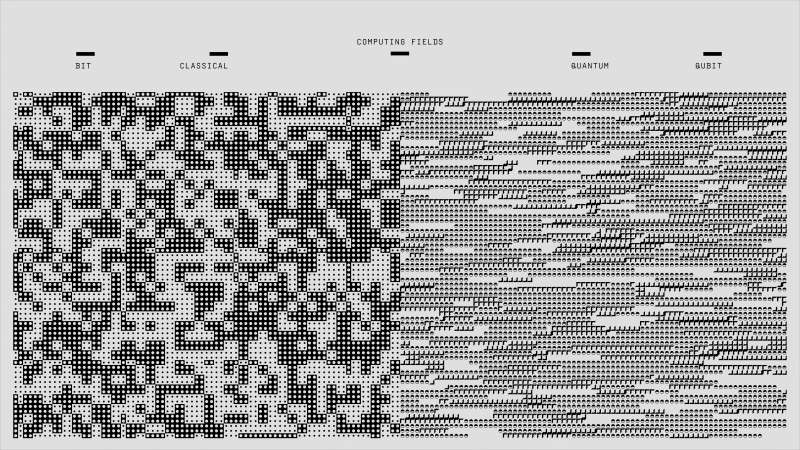Artificial Intelligence – Assistant or Threat?
Published on: April 24, 2025
Artificial Intelligence (AI) has rapidly transitioned from a futuristic concept to a real and active force shaping nearly every aspect of our lives. From smart assistants and autonomous vehicles to algorithm-driven decisions in finance, healthcare, and human resources — AI is no longer optional; it is foundational. But as the technology continues to evolve, a crucial question arises: is AI truly our greatest assistant, or does it also pose a threat?
AI as a Powerful Assistant
There’s no denying the advantages AI brings across industries:
1. Efficiency and Automation
AI systems can process vast amounts of data faster than any human could. This enables automation of repetitive tasks — from sorting emails to generating financial reports — saving time and reducing human error.
2. Better Decision-Making
AI can analyze trends, make predictions, and offer insights based on real-time data. In healthcare, for instance, AI supports early disease detection. In business, it enhances market analysis and customer behavior prediction.
3. Personalization
Whether it’s your music recommendations on Spotify or product suggestions on Amazon, AI creates personalized experiences by learning from user behavior. This personalization improves user engagement and satisfaction.
4. Innovation Driver
AI enables innovation in fields such as robotics, biotechnology, renewable energy, and education. Smart algorithms contribute to the development of solutions we once only imagined — from self-driving cars to virtual tutors.
The Growing Concerns: Where Does AI Cross the Line?
Despite these benefits, the rise of AI also raises ethical and operational concerns that should not be ignored.
1. Loss of Human Jobs
One of the most common fears surrounding AI is that it will replace human workers. While it’s true that automation can displace certain roles, particularly in manufacturing and administrative tasks, the long-term effect depends on how businesses and governments approach reskilling and adaptation.
2. Lack of Transparency (The “Black Box” Problem)
Many AI systems, especially those based on deep learning, operate in a way that even their creators struggle to fully understand. When AI makes critical decisions — such as approving a loan or diagnosing a medical condition — the lack of transparency becomes a serious concern.
3. Bias in Algorithms
AI is only as unbiased as the data it learns from. If the data includes historical inequalities or societal biases, the algorithm can reinforce and even amplify them. This is especially dangerous in areas like hiring, law enforcement, or credit scoring.
4. Dependence and Control
As we rely more on AI, there’s a risk of over-dependence. Delegating too much decision-making to algorithms could diminish critical thinking and human oversight, especially in high-risk industries like aviation or military operations.
The Role of Human Oversight
AI should be a tool — not a replacement for human judgment. The most responsible use of AI combines machine efficiency with human empathy, ethics, and context-awareness. For example, in recruitment, AI might screen applications, but a human should make the final hiring decision to ensure fairness and cultural fit.
Similarly, in healthcare, AI might assist in diagnosis, but doctors must interpret results in the context of a patient’s broader condition and personal history.
Towards Ethical AI
Developing ethical, explainable, and human-centered AI is one of the most important challenges of our time. This includes:
-
Transparency – Ensuring users understand how AI systems make decisions.
-
Accountability – Having clear responsibility when AI systems cause harm or make mistakes.
-
Inclusivity – Using diverse datasets to train models and avoid bias.
-
Security – Protecting AI systems from manipulation and cyber threats.
Conclusion: Dual-Edged Technology
AI is both a powerful assistant and a potential threat — depending on how we use it. When designed and governed responsibly, AI can help us solve some of humanity’s biggest problems. But if left unchecked, it risks reinforcing inequality, removing human agency, and creating systems we no longer understand or control.
The future of AI is not predetermined. It will be shaped by the ethical, technical, and social decisions we make today. The key is not to fear AI, but to build it in a way that serves all of us — transparently, fairly, and wisely.










